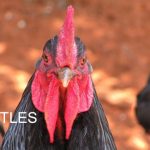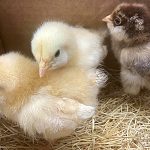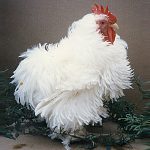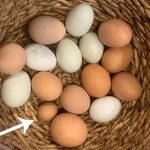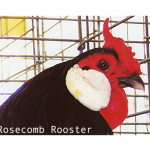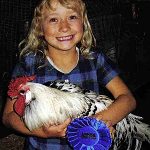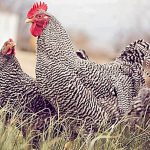
The pecking order governs the social organization of a flock of chickens, thereby reducing tension and stress in an established flock. Starting in the brooder, chicks spar almost from the day they hatch. By the time they are about six weeks old, each has established its place in the pecking order. In general, roosters are […]
Continue Reading
